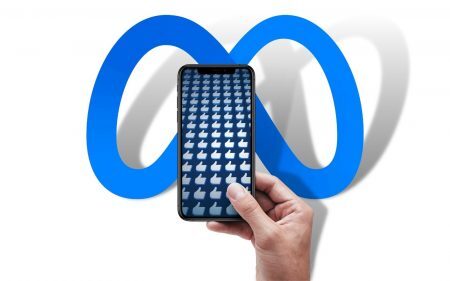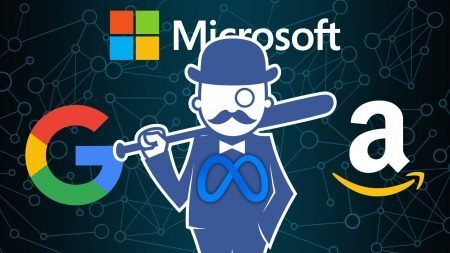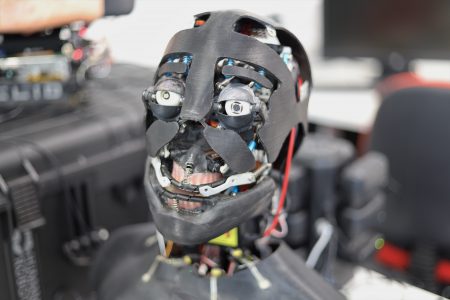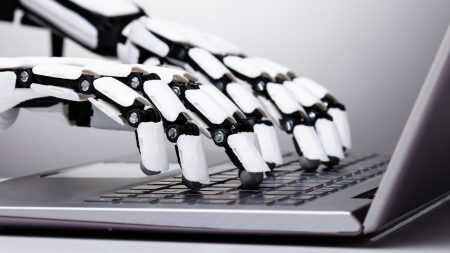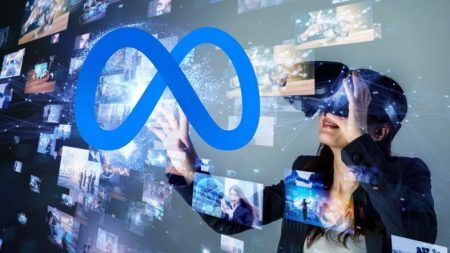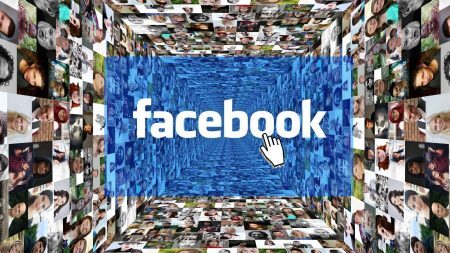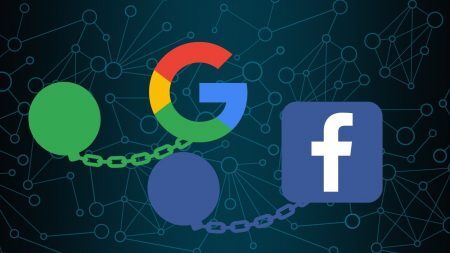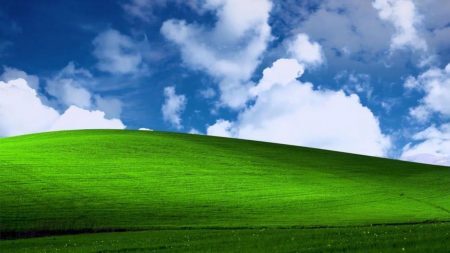Technology has given people more ways to connect, but has it also given them more opportunities to lie? You might…
Browsing: The Conversation
Facebook — its new corporate name is Meta — has always wanted to get to know you. Its public goal has ostensibly…
Facebook’s metaverse-focused rebranding as Meta has been seen by many as the company’s latest attempt at corporate crisis control. The social media…
In humanoid robots, artificial eyes are often referred to as dolls’ eyes because they are made from glass or acrylic.…
The dramatic rise of online learning during the COVID-19 pandemic has spotlit concerns about the role of artificial intelligence technology…
In the wake of Facebook rebranding as Meta, reflecting its focus on the “metaverse”, Microsoft has now announced it, too, will launch into…
Leaked internal documents suggest Facebook – which recently renamed itself Meta – is doing far worse than it claims at minimizing COVID-19…
Dozens of space-based telescopes operate near Earth and provide incredible images of the universe. But imagine a telescope far away…
Few of us who have survived the last year aren’t grateful for technology. Zoom, email, connected workplaces and solid internet…
Twenty years on from the public release of Windows XP, the popular operating system is still regarded one of Microsoft’s…


